
Business journalists are looking back with amazement at the stock market’s track record over the past decade. Yet the 2010s were also a boom period for corporate crime and misconduct.
In Violation Tracker my colleagues and I have documented more than 240,000 cases for that period representing $442 billion in fines and settlements—more than twice the $161 billion total for the previous decade. (The numbers are not adjusted for inflation.)
The cases from the 2010s include 574 with a penalty of $100 million or more, 147 with a penalty of $500 million or more, and 67 with a penalty of $1 billion or more.
The top tier of these mega-cases is dominated by four corporations. BP is linked to the largest single case on the list—the $20.8 billion settlement with the federal government and five states to resolve civil claims stemming from the massive 2010 Deepwater Horizon oil spill in the Gulf of Mexico. BP paid out numerous other mega-penalties and smaller ones to put its total for the decade at nearly $28 billion.
The second biggest single penalty during the decade was Bank of America’s $16.65 billion settlement with the Justice Department in 2014 to resolve claims relating to fraud in the period leading up to the financial crisis, including such behavior on the part of Merrill Lynch and Countrywide Financial, which BofA acquired during that crisis. BofA also had plenty of other penalties during the decade—including two in excess of $10 billion—bringing its total for that period to an eye-popping $62 billion.
The third of the penalty leaders is Volkswagen, which in 2016 reached a $14.7 billion settlement with the federal government and the state of California to resolve allegations relating to systematic cheating on diesel pollution emission testing through the use of defeat devices. VW paid out several other multi-billion penalties related to the cheating and racked up a penalty total of more than $23 billion for the decade.
Rounding out the list of companies with individual penalties in excess of $10 billion is JPMorgan Chase, which in 2013 reached a $13 billion settlement to resolve federal and state claims relating to the sale of toxic mortgage-backed securities by the bank itself and by its acquisitions Bear Stearns and Washington Mutual. JPMorgan also had several other penalties of $1 billion or more, along with smaller ones, that pushed its penalty total for the decade to more than $29 billion.
Other big domestic banks had a substantial share of mega-penalties. These include Citigroup, with a $7 billion toxic securities settlement in 2014 (and a penalty total of $16 billion for the decade) and Wells Fargo, with a similar $5.3 billion settlement in 2012 (and a penalty total of $15 billion stemming from issues such as the creation of bogus accounts to generate illicit fees).
The decade also saw a slew of mega-cases involving foreign banks such as BNP Paribas, Deutsche Bank, Royal Bank of Scotland and Credit Suisse for offense such as violations of economic sanctions and their own toxic securities abuses.
Financial services companies of all kinds dominated the mega-penalty list, accounting for 41 of the 67 billion-dollar cases. Also worthy of mention are the pharmaceutical companies, including settlements by GlaxoSmithKline for $3 billion and Johnson & Johnson for $2.2 billion, both for marketing drugs for purposes not approved as safe by the Food and Drug Administration. That industry will end up paying much more when the pending multistate opioid litigation is resolved.
The list could continue. Suffice it to say that the decade’s major cases made it clear that corporate misconduct perseveres through good times and bad.


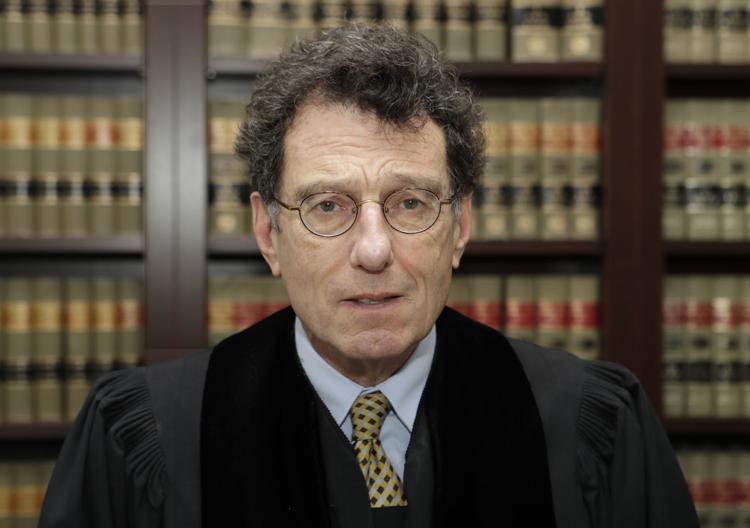
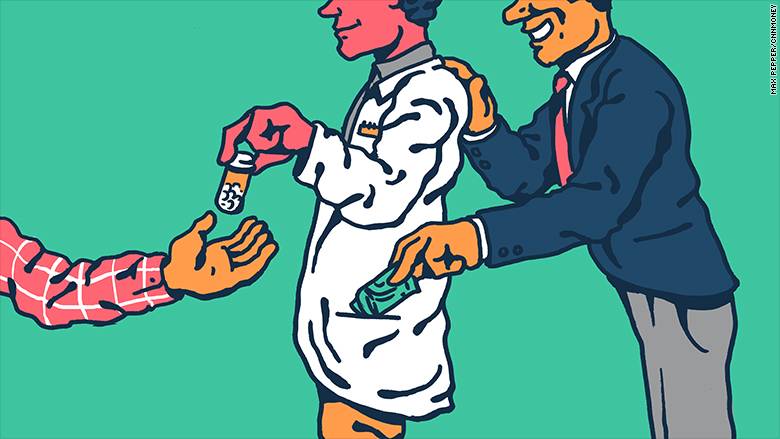

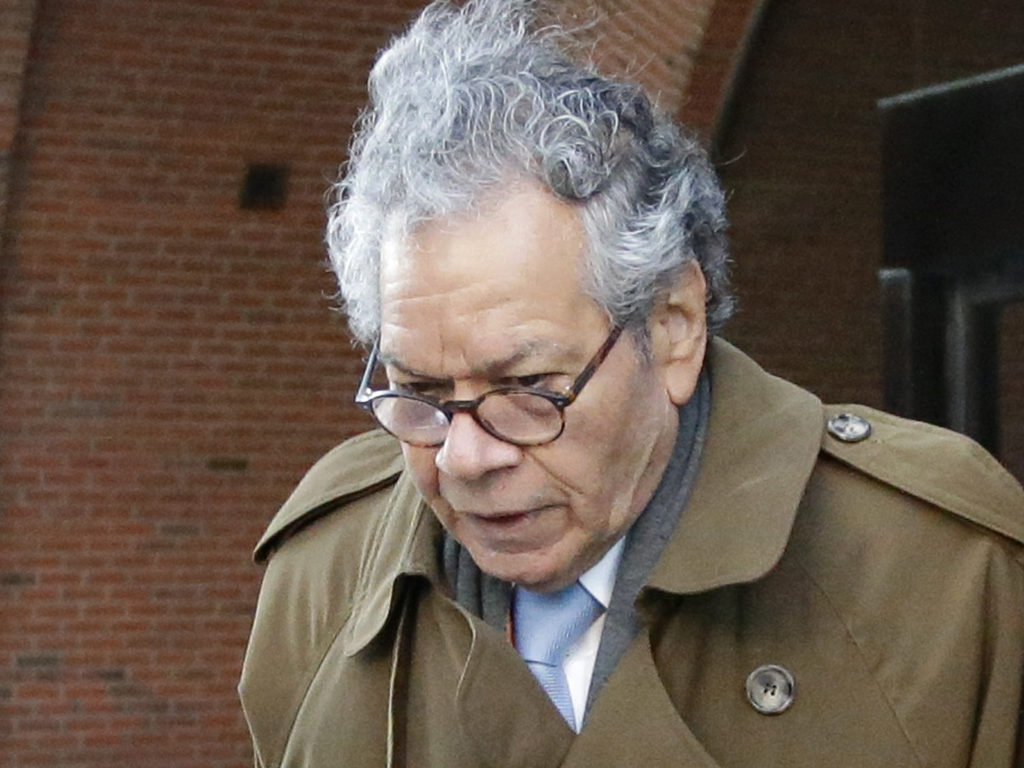
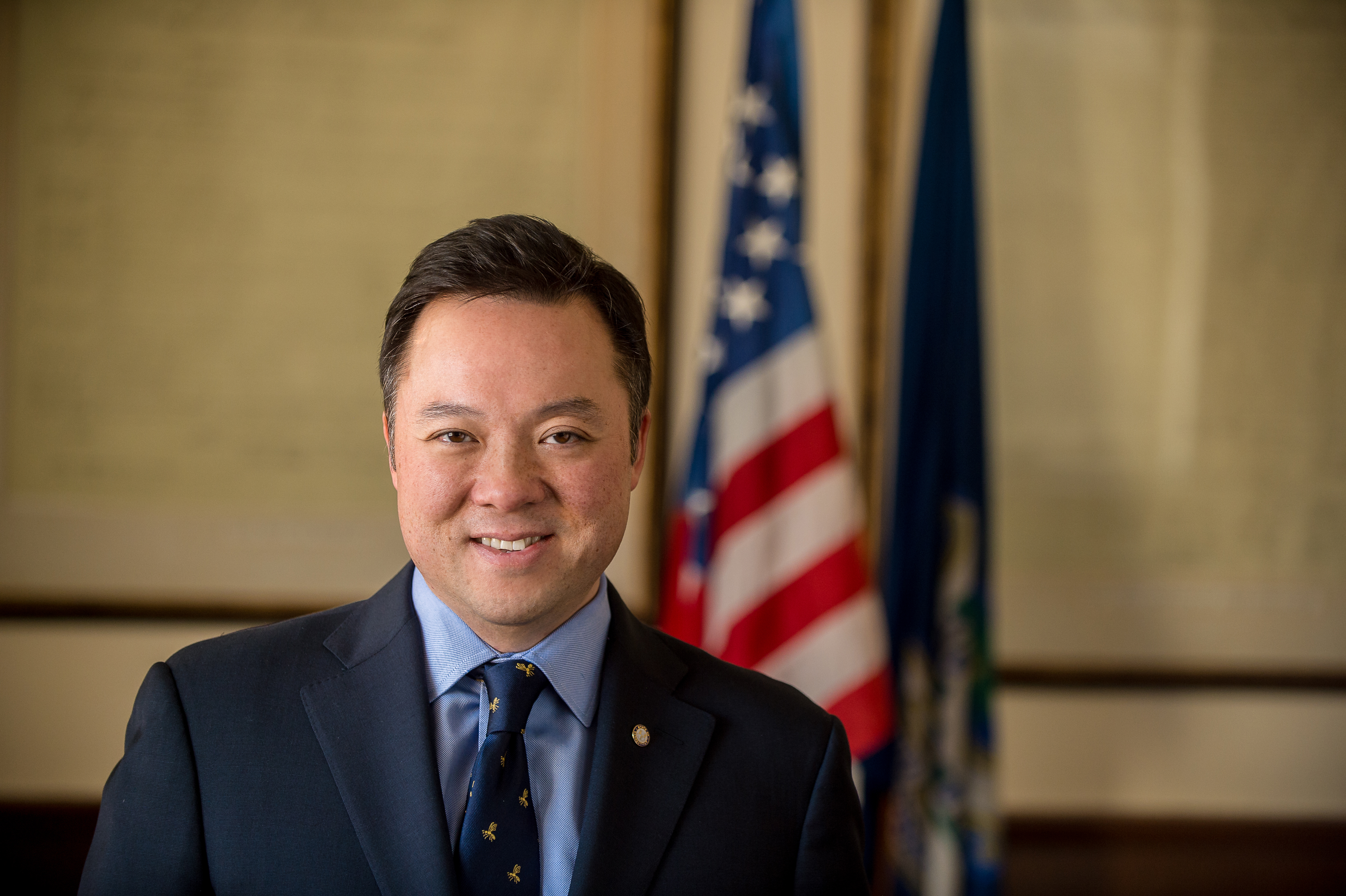
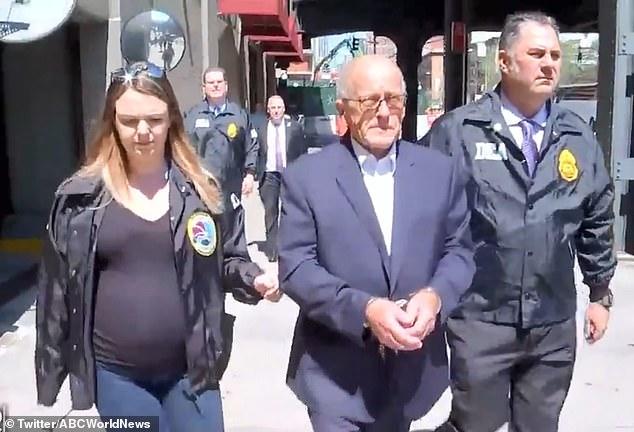
You must be logged in to post a comment.